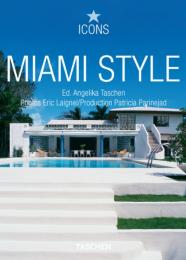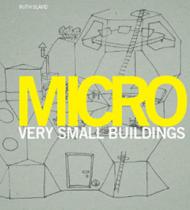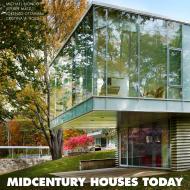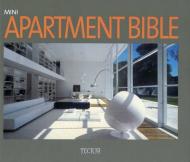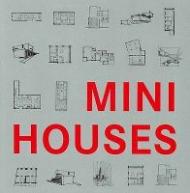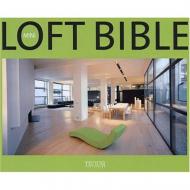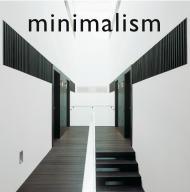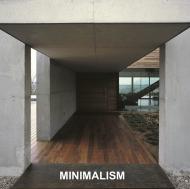Lorenzo Ottaviani, Jeffrey Matz, Jeffrey Matz, Michael Biondo
ID:
11037
Architects Philip Johnson, Marcel Breuer, Landis Gores, Eliot Noyes, Edward Durell Stone, and others created an extraordinary collection of modern houses in New Canaan, Connecticut, in the 1940s and 1950s.
The bucolic New England town — a suburb of Manhattan — became the site of fervent experimentation by some of the leading lights of the movement in the United States, the architects known as the Harvard Five, whose modern aesthetic could be traced to the Bauhaus school of design. There they promoted their core principles: simplicity, openness, and sensitivity to site and nature, and built glass, wood, steel, and fieldstone houses that established architectural modernism as the ideal of domesticity in the twentieth century.
Architects Jeffrey Matz and Cristina A. Ross, photographer Michael Biondo, and graphic designer Lorenzo Ottaviani present this vanishing generation of iconic American houses as more than an issue of restoration or preservation, but as an evolving legacy that adapts to contemporary life. Selecting a representative group of sixteen houses covering the period between the 1950s and 1978, they portray each one in great detail, with floor plans, timelines, and both archival and luminous new photography — from the clean, minimalist look of the initial construction, to subsequent additions by some of the most significant architects of our time including Toshiko Mori, Roger Ferris, and Joeb Moore. Voices of the architects and builders, original owners and current occupants combine to describe how the houses are enjoyed and lived in today, and how the modernist residence is more than just a philosophy of design and construction, but also a philosophy of living.
